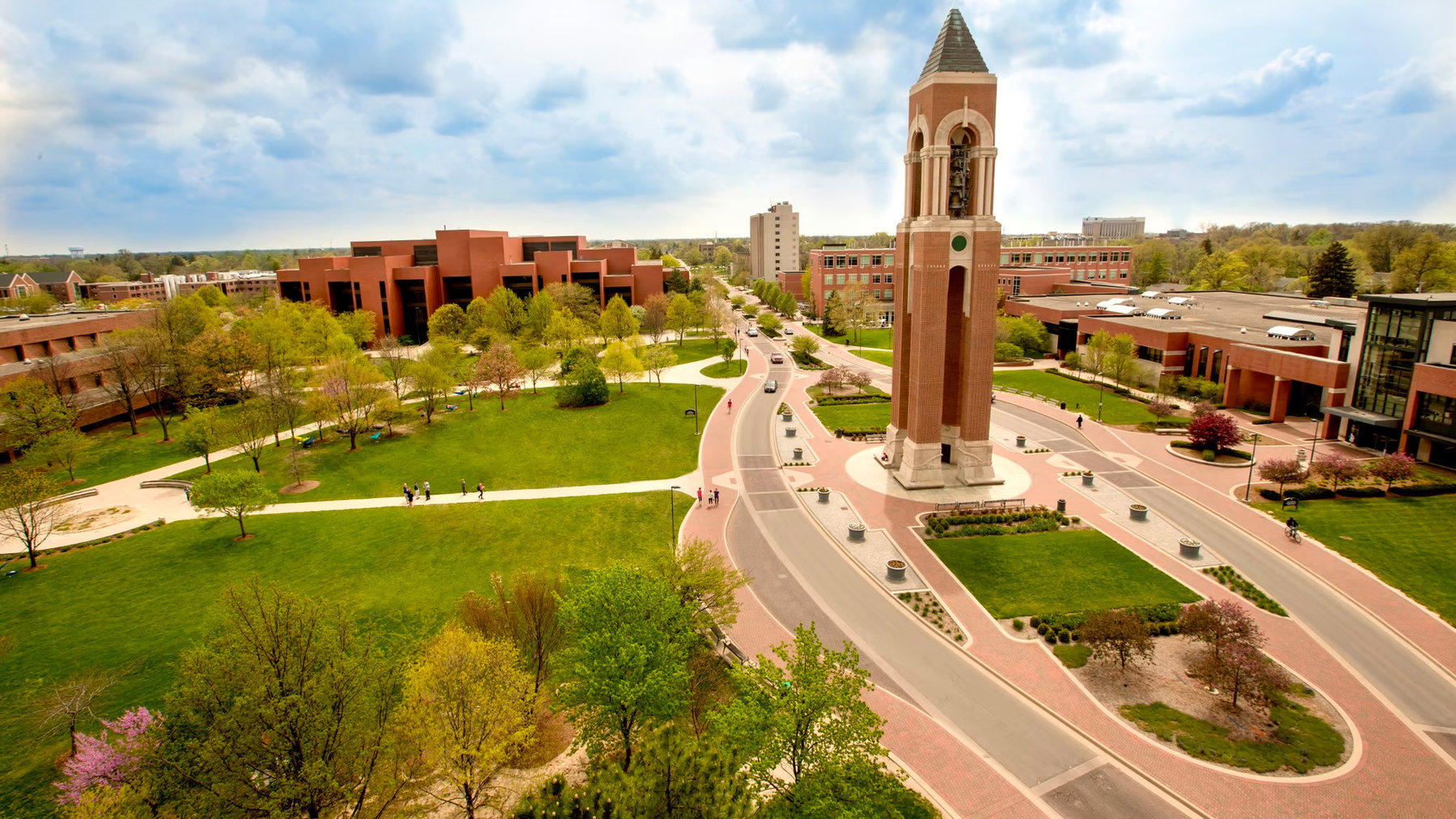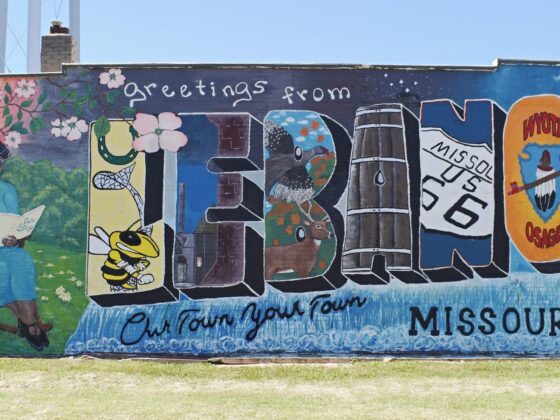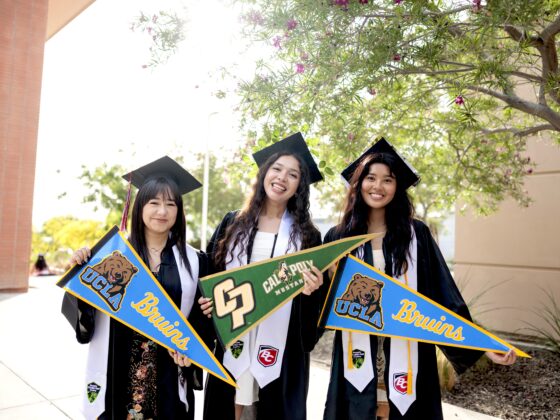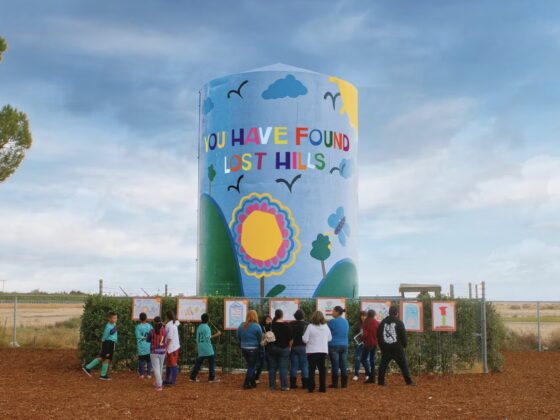The previous four “Our Towns” posts have been about Indiana: One about Angola and the importance of its relationship with Trine University; one about Fort Wayne and its ambitious reconstruction of a cavernous abandoned GE works; and two about Muncie, first about sustainability programs and then about a virtually unique approach to the long-troubled public schools.
They had a common theme: how surprising it was simply to show up in these towns and hear about what was happening there, since so little (or none) of this news had ever made its way to the national press.
A reader in Indianapolis challenges one part of my argument:
Interesting and informative to hear about Muncie and Ball State. My only quibble is with your first sentence: “This post is about a development that few people outside the state of Indiana have ever heard or read about …. ”
I live in Indianapolis, and consider myself well-informed, and I hadn’t heard or read about what’s going on in Muncie. This is a direct result of the death of local journalism ….
Our “local” paper, the Indianapolis Star … has very little coverage of what is going on even in Indianapolis, other than the occasional sensational crime, much less elsewhere in the state (as you know from your recent visit, Muncie is not that far away).
To be fair, the Star is doing a reasonably good job on some environmental issues, but it is telling that the environmental coverage is essentially funded by a grant from a charitable trust—without that grant, that coverage would not exist either. But coverage of local and state “meat and potatoes” issues is cursory at best.
I’m putting down a marker for ongoing coverage in this space: the crucial importance of local journalism, the economic pressures pushing it down, and the rapidly increasing experimentation in a search to buoy it back up.
Also: If you’re looking for an extremely skeptical local view of recent developments, which presents the Ball State University/Muncie Community Schools interaction as a “coup” and as the latest manifestation of “Muncie’s Oligarchy,” you can check out the Muncie Voice.
In my first Muncie post, I mentioned both Robert and Helen Lynd’s famed sociological study of the city, Middletown, from 1929, and a 2004 book about Muncie’s African American citizens who were largely left out of the Lynds’ work. That later book is The Other Side of Middletown, edited by Luke Eric Lassiter, Hurley Goodall, Elizabeth Campbell, and Michelle Natasya Johnson.
A reader whom I’ve known for years, and who has family ties in Muncie’s African American community, writes to recommend the Other Side book, and to add:
The problem with those famous Middletown studies is that they did what Whi’ Peepo so often do: they erased/ignored us. They wished us away.
Po’ White Folk have found themselves in the same box of late. But instead of forming common cause with Black Folk, or asking us: “Hey, how’d y’all survive a couple of centuries of this treatment?” they lost their shit. (Sorry, it’s coarse language, but it’s the most precise way to convey the point, really.) They’ve become meaner. They’ve retreated further into those old, tired myths about “The True America.” Blech.
Anyway, Black Folk lived and worked in Muncie. Maybe y’all can wander over to “the other side of (middle)town” and see for yourselves.
I last went there decades ago … My father left for many good reasons. I’m glad he acted on them.
More to come on this front. Thanks to these and other readers.




